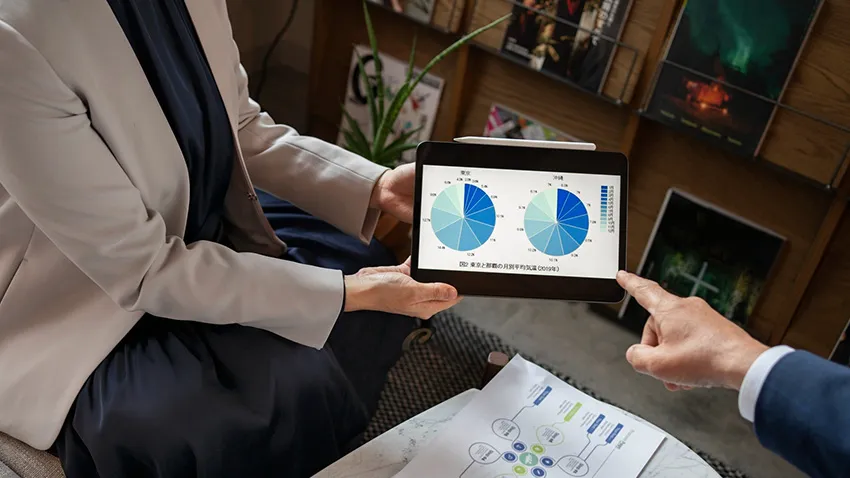Over the past few decades, the Indian securities market has seen a significant transition, moving from paper share certificates to an advanced computerized trading environment. The trading account, which serves as a conduit between common people and India’s economic development narrative, is at the core of this contemporary financial architecture. A trading account is a crucial financial instrument for people who want to take advantage of wealth-building opportunities outside of conventional fixed deposits and real estate. In the context of the Indian market, this article examines five essential advantages that traders might obtain from a trading account.
- Gateway to Wealth-Building Opportunities Beyond Traditional Assets
A trading account is your ticket to India’s thriving capital markets, providing access to a variety of wealth-generating opportunities that were previously unattainable for regular people. It makes it possible to take part in business success stories in a variety of industries, from well-known blue-chip companies to up-and-coming startups. Equity investments have traditionally produced greater long-term returns that may even surpass inflation, in contrast to traditional fixed deposits or physical gold. Within a controlled environment, your trading account converts intangible market chances into real investment prospects.
- Real-Time Market Participation with Transaction Efficiency
With almost rapid order execution that captures exact price points, modern trading accounts do away with the historical inefficiencies that historically beset Indian marketplaces. With real-time bid-ask spreads shown, the electronic system guarantees transparent price discovery across thousands of securities. Transaction confirmations come in seconds as opposed to days, enabling quick strategy modifications in response to changes in the market. In comparison to the paper-based trading age that dominated pre-electronic markets, this significant boost in execution efficiency constitutes a revolutionary development.
- Portfolio Diversification Across Multiple Asset Classes
Modern trading accounts serve as unified platforms for a variety of asset allocation techniques, going beyond typical stock investing. Investors can allocate funds among corporate bonds, government securities, preference stocks, equity shares, exchange-traded funds, and derivative products using integrated interfaces. Strategic risk management using correlation-based diversification concepts is made possible by this multi-asset capacity. Modern platforms combine financial operations under one digital roof rather than keeping separate accounts for various asset types.
- Seamless Integration with Banking and Tax Compliance
These days, trading accounts have advanced banking system integration that makes it easier to move money between investment and savings portfolios. Automated dividend credits, systematic investment strategies, and rapid fund redemptions without onerous paperwork are made possible by this relationship. Additionally, by producing capital gains calculations, TDS certificates, and yearly transaction statements, trading platforms are increasingly including tax-compliance support. For market participants, this connection greatly streamlines year-end financial planning and tax filing requirements.
- Data-Driven Decision Support Through Analytical Tools
Robust analytical frameworks offered by contemporary trading accounts convert unprocessed market data into useful investing information. Previously reserved for institutional investors, these platforms provide screening tools, technical analysis charts, fundamental data comparisons, and historical performance measures. Numerous accounts come with dashboards that may be customized to show risk assessment indicators, sector allocation visualizations, and portfolio performance information. By using quantitative metrics instead of market rumors, these analytical tools enable individual investors to make better selections.
Conclusion
In India’s financial markets, a trading account via the best stock broker in India is much more than just a straightforward way to purchase and sell assets. It functions as a comprehensive financial interface that unifies necessary financial services, facilitates strategic diversification, expedites transaction procedures, democratizes access to investment possibilities, and offers insightful analytical help. Having a carefully selected trading account puts investors in a position to perhaps profit from India’s growing affluence as the country continues on its current path of economic progress.
Welcome to our blog! My name is Yuvraj Kore, and I am a blogger who has been exploring the world of blogging since 2017. It all started back in 2014 when I attended a digital marketing program at college and learned about the intriguing world of blogging.


